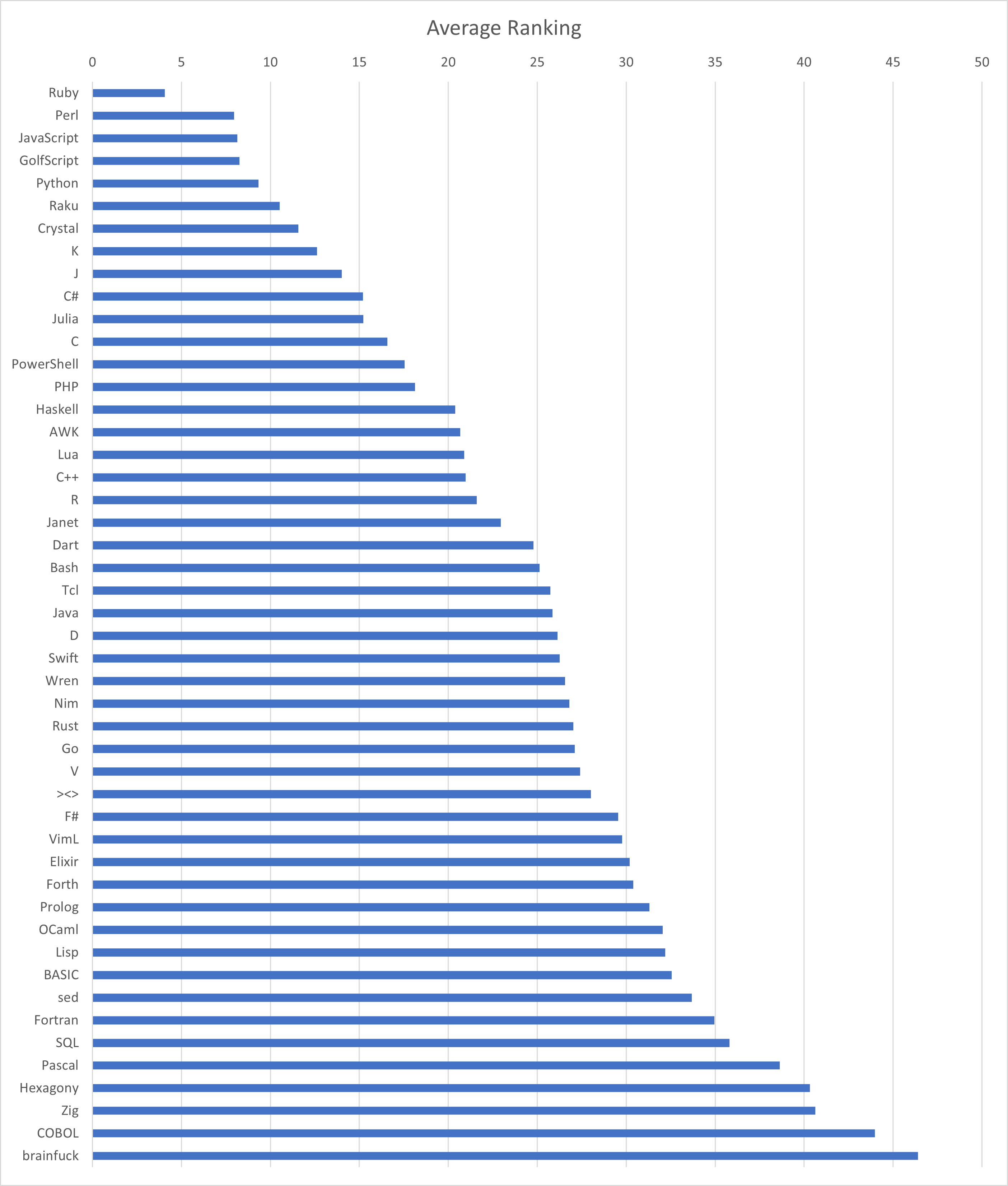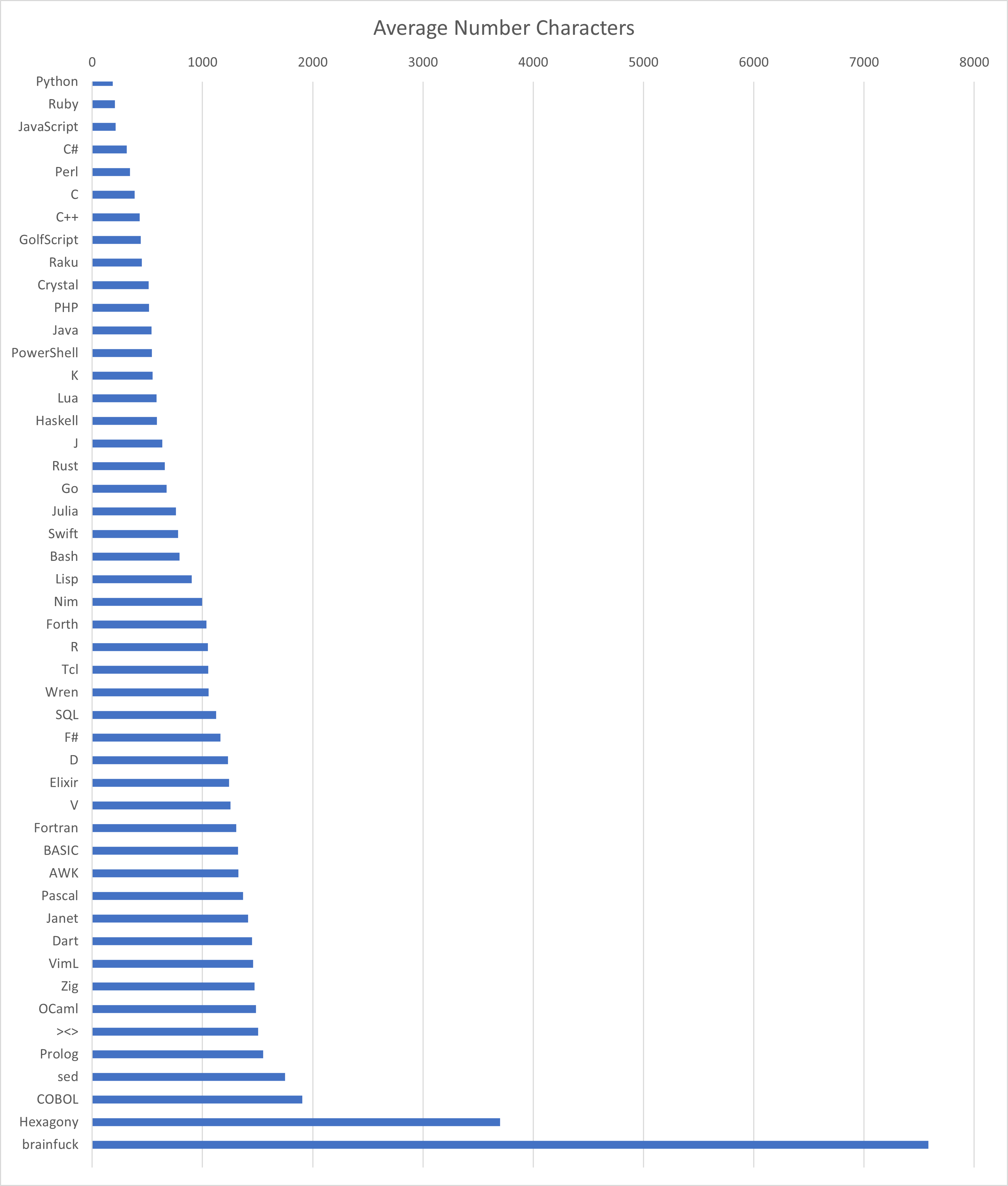this post was submitted on 29 Aug 2023
290 points (94.8% liked)
Programming
17553 readers
295 users here now
Welcome to the main community in programming.dev! Feel free to post anything relating to programming here!
Cross posting is strongly encouraged in the instance. If you feel your post or another person's post makes sense in another community cross post into it.
Hope you enjoy the instance!
Rules
Rules
- Follow the programming.dev instance rules
- Keep content related to programming in some way
- If you're posting long videos try to add in some form of tldr for those who don't want to watch videos
Wormhole
Follow the wormhole through a path of communities [email protected]
founded 2 years ago
MODERATORS
you are viewing a single comment's thread
view the rest of the comments
view the rest of the comments



I'm really surprised to see Java ranked as less-verbose than OCaml.
Here's an equivalent code sample in Java 17 vs OCaml:
Java:
OCaml:
....Java has so much more syntactical overhead than OCaml, and that's even with recent Java and being pretty aggressive about using boiler-plate reducing sugars like Records. And F# has even less, since it doesn't require you to use different operators for numerics or do as much manual casting between strings/numerics
It makes more sense when you realize it's based on code.golf submissions. No one is going to create a class like that for a code golf problem. They're probably not going to create any classes (other than one just to hold the main function).
I'm pretty sure I can do the Fibonnaci one with less code than your simple class. Because these problems are simple enough they don't benefit from any OOP stuff so you avoid most of the syntactic overhead.
I am surprised it's not higher in the list since the overhead of setting up a main method is still quite significant compared to most languages. But other than that, these problems can be solved without running into any egregious examples of overhead.